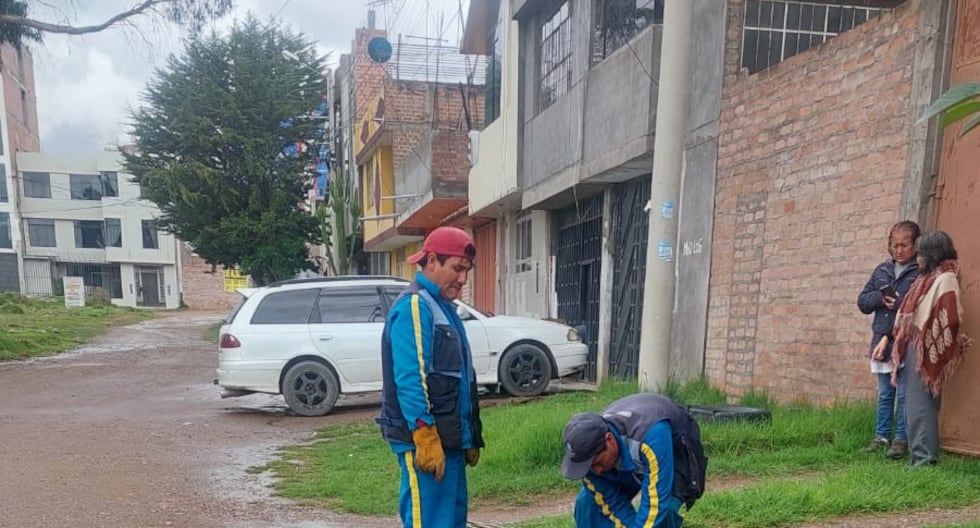The Confederacy Patronal of the Dominican Republic (Copardom) ensures that, increasingly, companies are committed to making the necessary adjustments to hire more and more employees with some type of disability physical or intellectual, although challenges persist, such as the investment that must be made and the training of personnel.
“There are many companies that today they have, within their policy labor, hire people with disabilityand give those people the opportunity,” said its president, Laura Pena Izquierdoduring a Free Dialogue.
Although he stated that there is no number exact of the companies who are executing these policies inclusivedoes explain that this is a reality in many large companies of the country, which are implementing physical and structural preparation in their facilities to adapt them to the work environment, including those that require specific attention, such as the case of workers with autism.
The interest in hiring these workersand the adoption of practices inclusive by companies in the country began in the sector services, and has already extended to sector financial and even to more specialized and operational productive segments, as is the case of mining and industrial activities, added the vice president of CopardomPedro Rodríguez.
For this reason, the executive considers that there have been important progress in this regard in the adoption of hello good practices to incorporate people with disability in work environments, especially after key public and private actors signed, together with the Ministry of Labor, the Pact for Inclusive Labor Insertion in the Dominican Republic.
Within the framework of that agreementsigned in September of last year, the National Council of Disability (Conadis) estimated that one in six Dominicans has some degree of disabilitythat is, around 1,760,000 people.
The challenges
One of the key points of this pact is the identification of the profiles of those who have some type of disability according to the needs of the company, which for Rodríguez constitutes one of the three great challenges that have the employers in this regard, which are:
- Determine the profiles what they need
- find those profilesonce identified
- Adapt both the processes and the talents that already work in the companies so that they can interact inclusively with their peers with some disability
“The fact that you have a limitation visual It does not prevent you from being a telephone operator in a hotel, (for example). “I believe that the issue is not, necessarily, something limited by the intention or by the lack of vision in the company, but by the need of the company and by the profile it finds itself in, but we are moving forward,” he said.
Copardom hopes that the business sector will commit to the preparation and training of drivers who work in each company, for the prevention of work accidents. Peña Izquierdo described as “worrying” the number of traffic accidents in the country, which can occur even on the way to work, and are considered work accidents. He explained that, beyond affecting the employee’s health, accidents increase the risk of developing some type of disability due to the injury, also representing a challenge for the company. He recalled that this was one of the main problems that Copardom addressed during the celebration of its XXII Congress, focused on “Management of safety and health at work in disruptive environments”.















